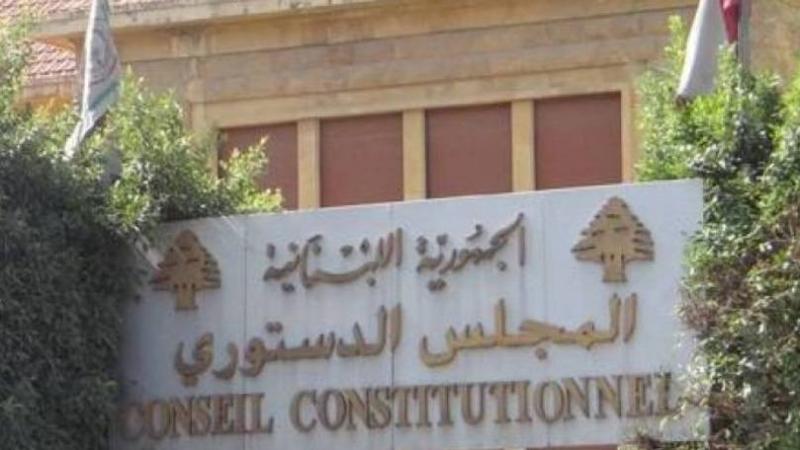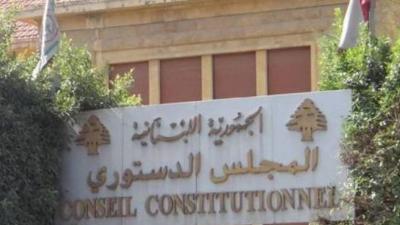Yesterday, the Constitutional Council issued a decision regarding the appeal presented against the budget law by 12 MPs. In a review of the decision, lawyer Dr. Judith Al-Tini distinguished between what the Constitutional Council completely annulled, what it annulled partially, and what it provided with a interpretative reservation. This is as follows:
First: In its decision, the Constitutional Council completely annulled Article 16 of the budget, which confirms the extension of the application of Law 194/2020 that prohibits sales in the neighborhoods affected by the Beirut Port explosion on August 4, 2020, particularly in areas such as Summer, Dour and Rmeil. The Council considered it one of the budget provisions and stated that it should not be included in the budget law but rather in the relevant law or in an independent law.
The Council also annulled Article 21, which allows for a settlement on unpaid costs related to income tax and value-added tax for the year 2020 presented before objection committees. Additionally, it completely annulled Article 89, which pertains to the notary’s stamp.
Furthermore, the Constitutional Council annulled Article 119 of the budget, which amends Articles 46, 101, and 69 of the Public Procurement Law, considering it one of the budget provisions that contravenes legislative procedures of constitutional value. It should be included in the Public Procurement Law and not in the budget law.
Second: The Constitutional Council partially annulled Articles 53 and 54 by removing the phrase "and the exempted categories," meaning from the exit and entry fees. Generally, it stated that constitutionally, the law cannot leave the right to determine the categories exempted from any tax or fee to the Minister of Finance or the Minister of Finance in collaboration with others. This right is exclusive to the House of Representatives, which is responsible for determining the categories exempted from tax and fees.
The Council also partially annulled Article 109 by removing the word "issued" from it, as it constitutes an error since the decree concerned with this article is "adopted" in the Council of Ministers and not "issued" there.
Third: The interpretative reservation for Article 111 of the budget: The Constitutional Council announced the validity of Article 111, which grants an increase to public sector workers and retirees. At the same time, it provided an interpretative reservation for the first paragraph of this article, stating that the value of the increase based on the "basic salary" should not be less than five million Lebanese pounds and should not exceed twelve million Lebanese pounds, to achieve the principle of social justice. This interpretative reservation is binding on all authorities, which must adhere to it when implementing the law.




